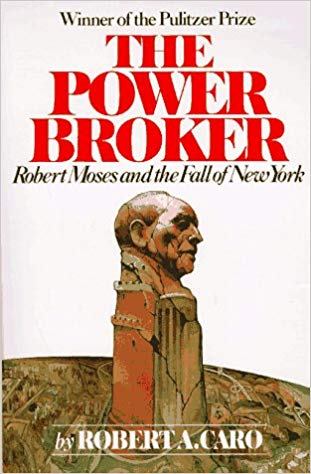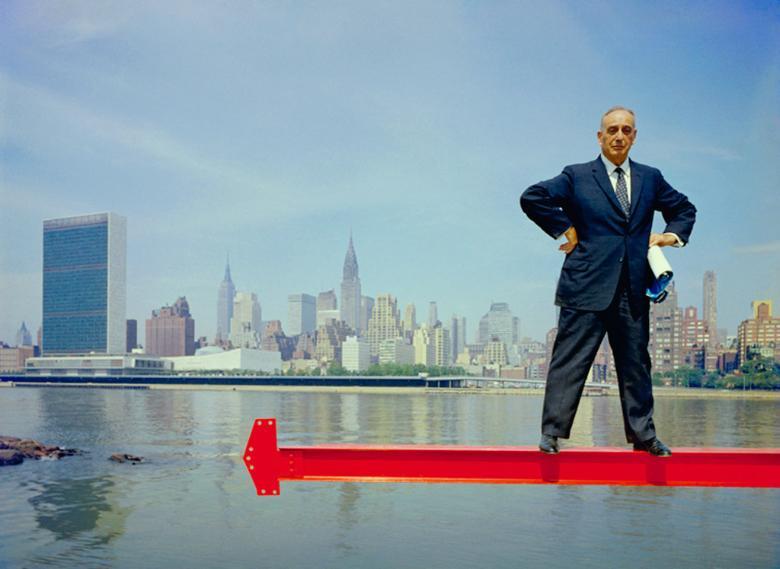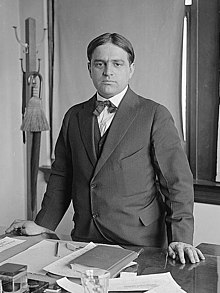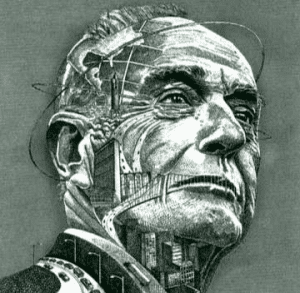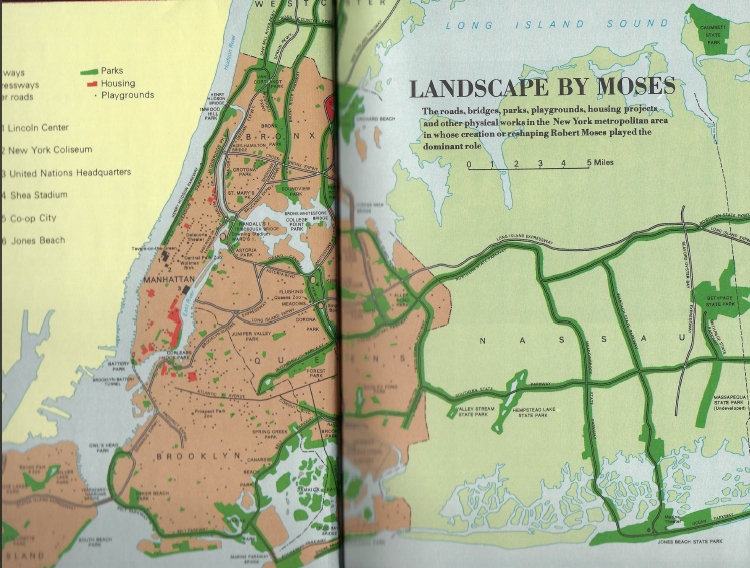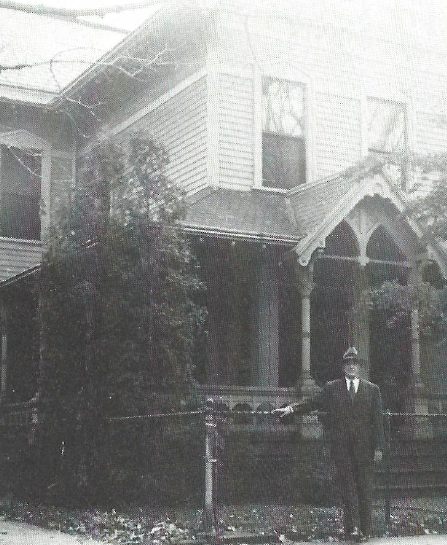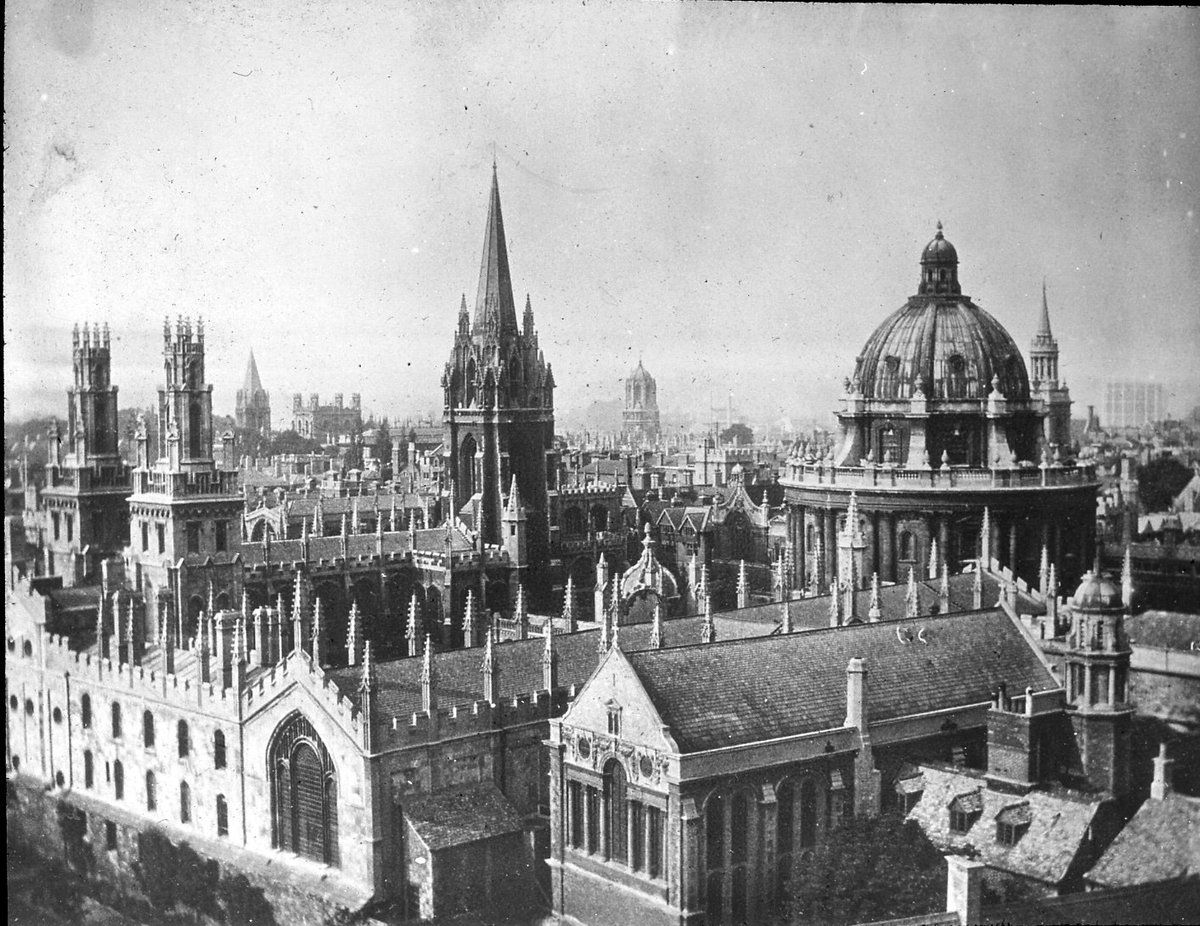
Chapter 3 – Home Away from Home
Moses moved to Oxford University in England for his post-graduate work. This was to give him a clear, definable sense of public purpose and the duties and rights of those born to privilege (noblesse oblige). Moses swapped the pseudo-democracy of Yale for the elitism of Oxford, which he preferred and became the first American President of the Oxford Union debating society.
Moses continued his foreign travels around the colonial British Empire between terms. He enjoyed the bohemian atmosphere of post war Oxford, affecting a haphazard style of dress and carelessness with money. He told his parents that he would be devoting himself to public service, but this devotion was also accompanied by an increasing arrogance and Anglophilia. He developed a contempt for the working classes and especially for the colonised populations of the British Empire, saying “the subject peoples of the British Empire were not ready for self-government.”
Moses’s prose style hardened and improved at Oxford. His cast of mind had also hardened into support for noblesse oblige, encapsulated in the British Civil Service, a perfect instrument for civil reform but one disfigured by patronage. However, his notion of meritocracy applied only to the members of the educated upper class. A system that for him elevated the most intelligent young men into powerful and influential positions. He advocated suppression of socialist tendencies and working-class activism that challenged these beliefs. He urged the American Government to follow the British model and supported the election of Woodrow Wilson as President.
Moses graduated from Oxford with honours in 1911. He then carried on his studies in London and Berlin. Moving back to his old rooms in New York in 1912. He enrolled at Columbia University for his PhD, completing his thesis in 1913. While he was completing his thesis, he entered the training school for the Bureau for Municipal Research. His education was over and he now entered the world of public service.
Analysis & Key Takeaways: Chapter 3
- Having contempt for the working class is obnoxious; like having contempt for something you do not appreciate, understand or are exposed to. We can only interpret reality from the information we are exposed to in publications, in anecdotes and in relationships. If we believe the patterns [we are exposed to] are objective reality then we are doomed. Doomed to jump to conclusions for quicker decision-making (finding short-hands from the gut) that are possibly very wrong.
- Robert Moses went to Oxford which has a reputation for telling its students that they are special, smarter and better then non-Oxford students or people generally. This brand management has a re-enforcing nature to it. In Moses’ case, it may have contributed to his contempt for the poor (financial and possibly spiritual, attitudinal poverty). Poverty and races were strongly correlated in New York in the 20th century and still is due to variables such as: a), b), c)….and z) the time value of money which compounds for those who have it, but subtracts for those who do not understand compounding interest and/or do not have sufficient cashflow. For Oxford graduates, “anything is possible, so they are told, so why are these poor non-Oxford folks so down? Well, then we the elite shall marshal them….” Meanwhile, there are likely Oxford students who aren’t condescending, I am just as guilty as others of extrapolating from patterns that or only partially representative of objective reality.
- A recurring theme in this book is that the municipal government is where things done rather then where deadlocks form, municipal is where anyone serious about getting public policy should start. Why are there layers of government controlled by individuals anyway? Technology isn’t in place yet.
- PhDs should be completed quickly if you can. It’s intellectually self-pleasuring in the best case scenario. Don’t think you’re smart because of a PhD or other advanced degree. But go out and test your hypothesis in the wild, post-doctoral, test and refine.
